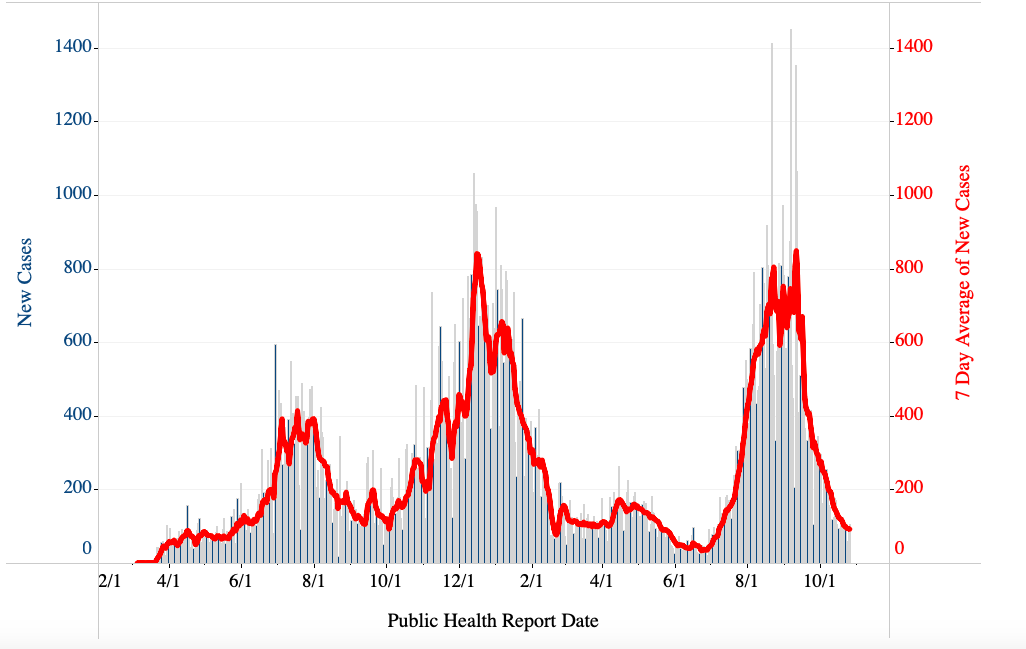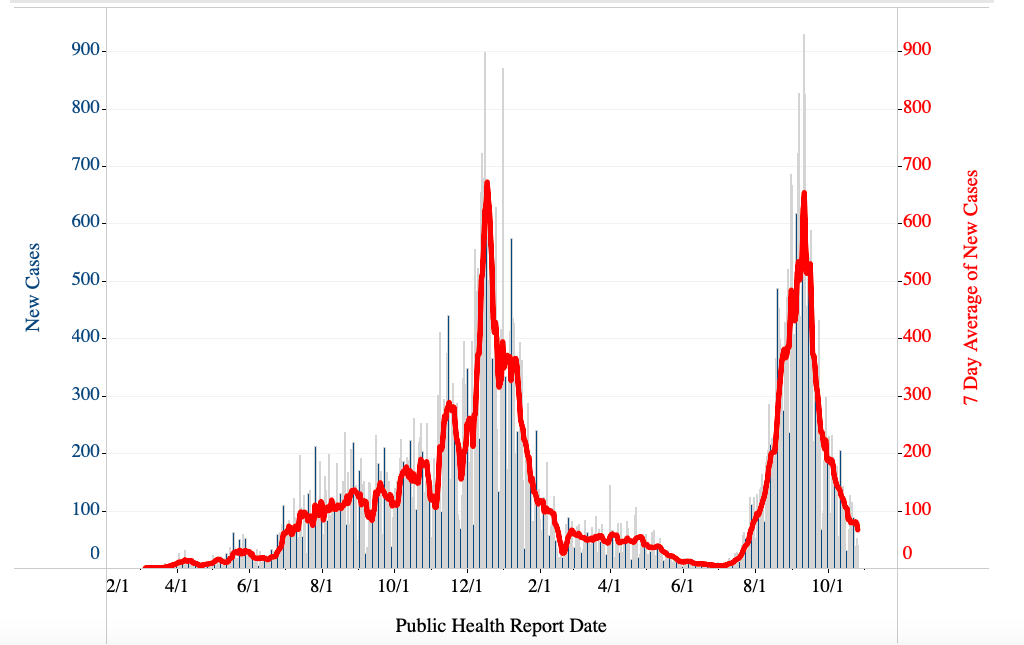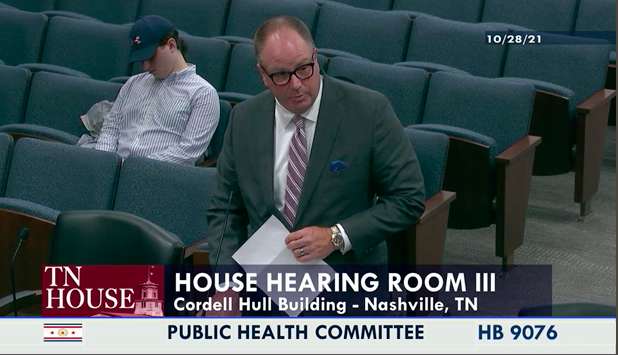Tennessee citizens are puppies over-loved by health department officials and now those citizens want nothing to do with those health department officials.
That was part of the case made Thursday by Rep. Kevin Vaughn (R-Collierville) to justify stripping local health departments of their power during pandemics. His bill was among those before lawmakers during a special session in Nashville this week. It was the third special session called for this sitting Tennessee General Assembly, the most in history. This week’s session is dealing specifically with Covid issues.
Vaughn’s bill would give pandemic powers to the governor and strip local health department leaders of their mandate powers — including masks and restaurant limitations — and give those decisions to local mayors. The bill would also give the governor a say-so in who gets to lead local health departments.
Vaughn complained that health orders from Tennessee Governor Bill Lee “apply everywhere except in Shelby County.” He said he lives closer to rural Fayette County than urban parts of Shelby County. So, Shelby County Health Department (SCHD) rules on masks and more apply to him, even though his area is not densely populated and “the rules get very confusing.”
He complained that no masks are required in Fayette County restaurants, for example, but to go the 10 miles for a Collierville restaurant, masks are required.
The Tennessee Department of Health (TDH) serves as the health department for 89 of Tennessee’s 95 counties. Six counties — Sullivan, Davidson, Hamilton, Knox, Shelby, and Madison — have their own county health departments and can set rules that apply only to that county.
Vaughn’s bill would strip local health powers, but only during a pandemic, which he said would be those certified by the World Health Organization (WHO). This would allow the governor to have decision-making authority for the entire state, with “all oars pulling in the same direction.” Local departments could still ask the governor for exceptions.
Local health officials’ intentions during the pandemic have been “honorable,” Vaughn said. Sometimes, though, decision made with the best intention can have negative consequences.
“You know how when you give a child a new puppy, a child loves that puppy more than anything in the world.”
Rep. Kevin Vaughn (R-Collierville)
“You know how when you give a child a new puppy, a child loves that puppy more than anything in the world,” Vaughn said. “He or she picks it up … and loving it to death and squeezes and squeezes and that puppy starts squealing. It gets uncomfortable and don’t want anything but be put down because it’s getting loved to death. Then, it runs from the child from there on.
“I’m afraid that that’s some of what … we’re being overprotected in some places. We’ve seen a situation to where people are — in the name of good intentions — are creating consequences that may either create ill intent or create an environment for noncompliance, which then it undermines the entire system.”
House members from urban areas explained larger populations in cities have made Covid more transmissible than in less populous areas. Therefore, cities should have the right to make rules different than rural areas.
“That’s why it behooves local departments to make these decisions, not just one general — as you put it — to make those calls,” said Rep. Jason Powell (D-Nashville). “I disagreed in many ways with the way that the governor handled the outbreak, in some of the things that he did and did not do, when that was occurring.
“I disagreed with some of the decisions that my locals made and did not make, but I think that ultimately allowing locals to have more say, and not rely on getting permission and exceptions when we’re in the midst of a global pandemic, is important.”
Vaughn said epidemic curves across the state and in counties with health departments looks basically the same, implying restrictions imposed by those independent health departments have not worked.

Credit: Tennessee Department of Health

Credit: Tennessee Department of Health

Credit: Tennessee Department of Health
